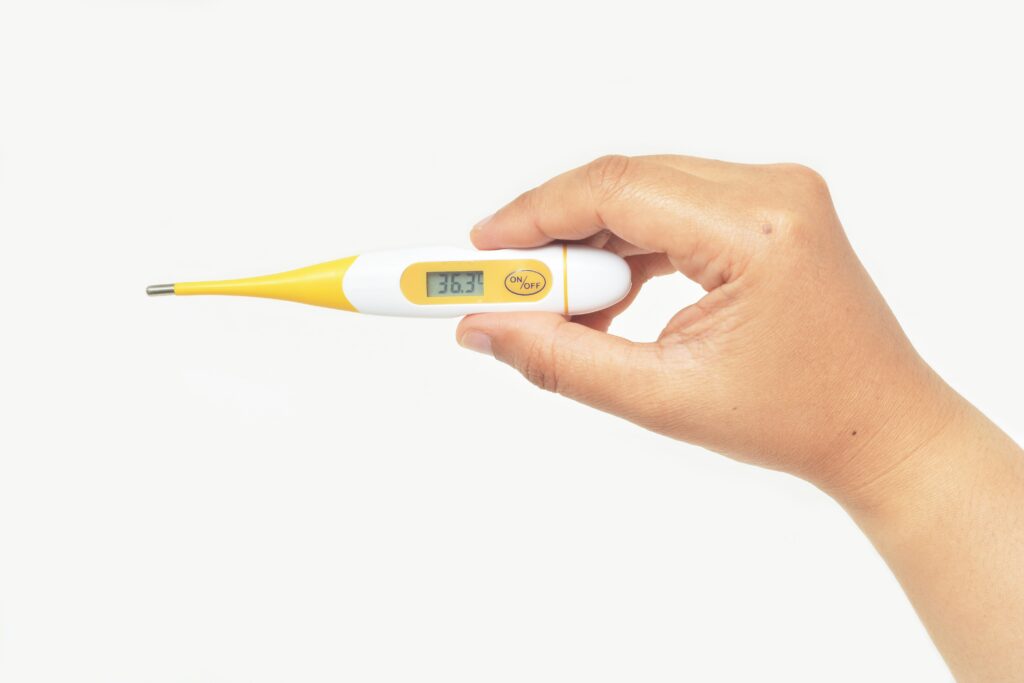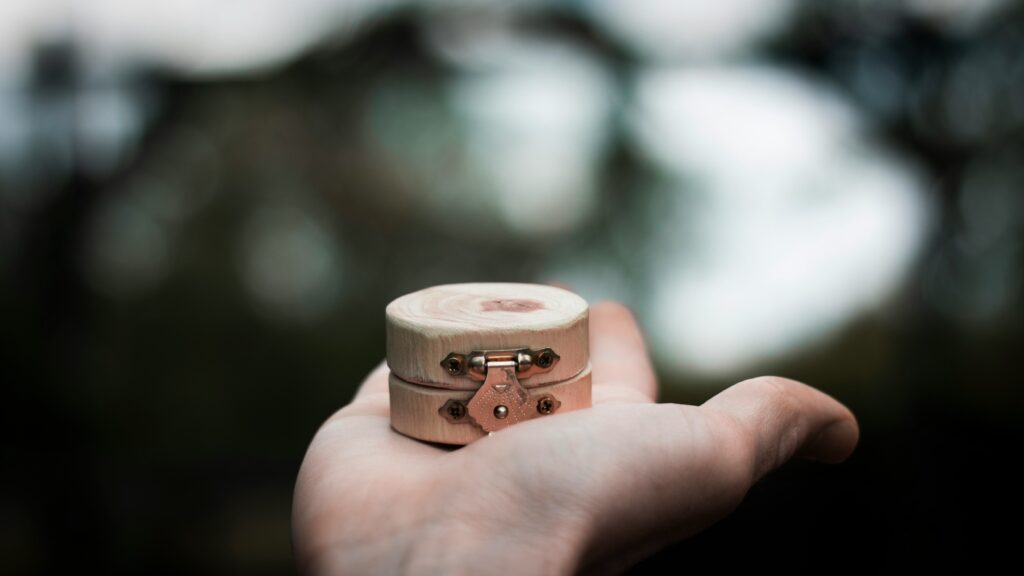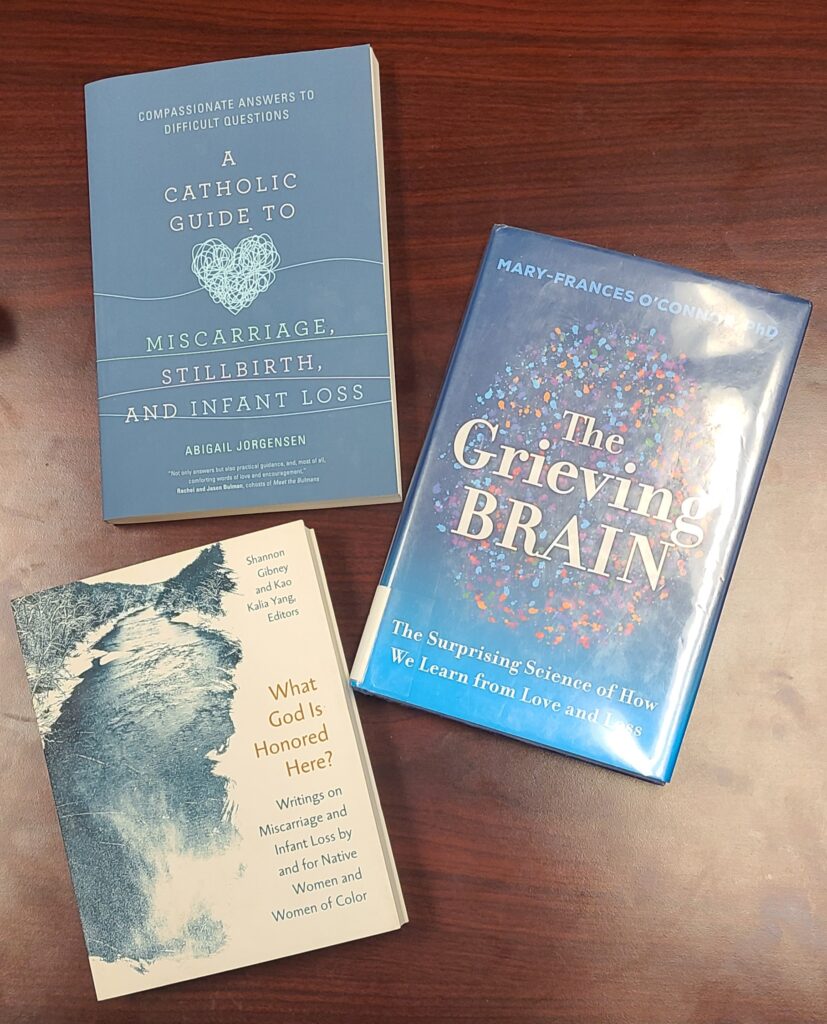As bereavement doulas, one of the ways we support families is through connecting them to grief-informed care providers, of many kinds! Today’s blog post is part of our ongoing effort at Haven to help you strengthen your resource list – that collection of care providers that you have on hand and ready for the moment a family needs it. Read on to learn from fertility expert and Haven doula Julie McKay why we should add an NFP/FABM instructor to that resource list.
First, what is NFP? What is FABM?
NFP stands for Natural Family Planning. FABM stands for Fertility-Awareness Based Method. These methods involve charting signs of fertility (such as basal body temperatures, cervical mucus observations, LH strips, etc.). There are many different methods such as Marquette, Creighton, FEMM, Billings, Couple to Couple League, and more. Some of them prefer the term NFP and some prefer the term FABM or FAM. These methods have different ways of determining what times of a woman’s cycle are fertile or infertile.
Couples using these methods can choose to try to avoid or achieve pregnancy at any given time. If they are trying to avoid pregnancy, they only select days of infertility for intercourse. If they are trying to achieve pregnancy, they can select any day for intercourse but may want to focus on the days around the time of ovulation.
This article debunks some common myths surrounding NFP/FABM. Couples may choose to use NFP/FABM methods for religious reasons, while others may choose to use them to avoid the side effects of birth control.
Bereavement doulas may not realize that NFP/FABM instructors can be invaluable resources, and NFP/FABM instructors often do not realize that bereavement doulas may be crucial additions to their own resource lists. In this blog post, I’ll walk you through why adding NFP/FABM instructors to your bereavement doula resource list is such a helpful idea.
Networking
When you network with NFP/FABM instructors in your area or who offer virtual support, you can exchange knowledge and expertise. You can share your knowledge as a grief worker, and they can share their knowledge of fertility. Knowing about the general patterns (keep in mind that there is a wide range of normal) for the return of fertility after a loss will help you share that knowledge with your clients. Then they can know when they might expect ovulation to return after a loss (it can be before their first period!).
In addition, families who have experienced loss may want to connect with someone who can help them learn about their fertility and hormone levels. This is exactly what NFP/FABM instructors are trained to do! So many people are not given basic information about fertility, so working with an instructor can help them know about fertility in general as well as their specific cycles.
Couples who already use NFP/FABMs may be more likely to seek out bereavement support. Because they are aware of the approximate time of ovulation, many NFP/FABM users take pregnancy tests earlier than their missed period, as early as 8 days after ovulation. Therefore, they may know about very early losses that others may not. If you are aware of the basics of NFP/FABM methods, you can better understand the individual situations and contexts of clients who come to you for support after those losses.
Some families already use NFP/FABMs and may be looking for a grief-informed instructor. Unfortunately, some loss families have negative experiences with their instructors using hurtful language or making harmful assumptions around their losses or their grief. These families may still want to use NFP or FABMs, but they may be looking for a new instructor who is more attentive to their needs. By adding not only instructors but also specifically grief-informed instructors to your resource list, you can help those families broaden their care team and set themselves up for having a supported next chapter of their fertility journey.
Once you find NFP/FABM instructors to add to your resource list, we have one simple way that you can invite them to become more grief-informed. We have created a new Haven course, How to Respond to Pregnancy Loss as an NFP/FABM Instructor. In this course, we discuss how instructors can compassionately support their clients who have had a loss in the past or experience a loss while charting under their guidance.
In honor of NFP week (July 20th-26th), we are offering a $5 coupon, code NFPAwareness2025, to anyone who purchases the course by July 26, 2025.
In addition to the coupon code, we are going to gift this course to one instructor. From now until the end of NFP Awareness week on July 26, 2025, you can nominate NFP/FABM instructor(s) by emailing them about the new course (just copy julierosemckay@gmail.com on the email!). We will randomly choose one instructor to receive free access to the course. And, as a sign of our gratitude for your nomination, we will send the nominator of the chosen instructor a small thank you gift. If the instructor chosen for the gift has already purchased the course, we will refund the cost of the course as well as send them an additional thank you gift in the mail.
If you are an NFP/FABM instructor and would like to nominate yourself for the free course, share the course with another instructor you know, copy us on that email, and send us a separate email indicating that you would like to nominate yourself.
Thank you for the work that you do to support families who are grieving and to make your community more grief-informed.





